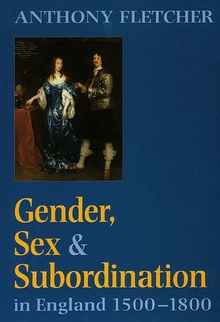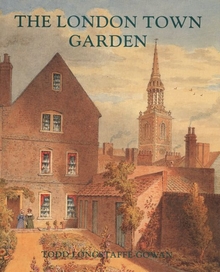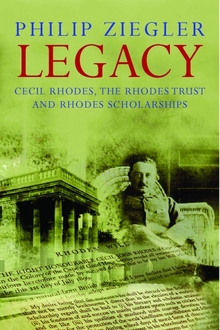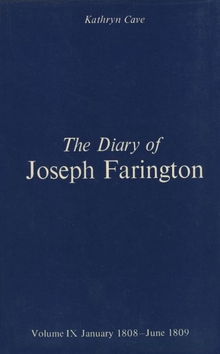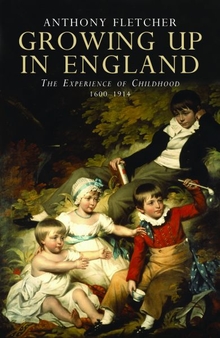Gender, Sex, and Subordination in England, 1500-1800
WARNING
You are viewing an older version of the Yalebooks website. Please visit out new website with more updated information and a better user experience: https://www.yalebooks.com
Anthony Fletcher
Anthony Fletcher's account draws from a vast range of sources—literary, medical, religious, and historical—to investigate the mechanisms through which men and women interpreted and understood their social worlds. He explores the early modern view of the body, of sexual desire and appetites, and of gender difference. He looks at the nature of marital relationships and shows how subordination was implemented and consolidated through church, school, home, and community. And in a text that is poignant, humane, and beautifully written, he exposes patriarchy's tragic consequences: smothered opportunity, crushed sexuality, and a pall across many women's lives.
Yet, over these three centuries, the conventional foundations of male superiority came under acute pressure. Fletcher reveals the depth of male anxiety in the face of women's volatility, verbal assertiveness, and alleged vibrant sexuality, and he shows how the gender system began to be transformed as men sought to detach it from its biblical foundations and inculcate gender identities on something like their modern ideological basis. This revolution in the entire premise upon which gender was grounded is fundamental to an understanding of the structure of English society today.
"An outstanding book, which will have a huge impact in its field. It is the most sustained attempt to think about men's experience in early modern England that we have."—Lyndal Roper, University of London
"In line with the finest new social history, Fletcher takes nothing for granted; anatomizing a wide system of meanings and values, his is a perceptive analysis of the predication of social order on gender order. . . . He convincingly demonstrates how it is only by grasping the production of gender categories that the inner logic of society as a whole will be revealed."—Roy Porter, Times Literary Supplement
"This is a detailed historical account of woman's role in society commencing with a description of the physical and mental differences between the sexes. We are told about the gradual loosening of the female from the bonds of subservience to her male-dominated surroundings and influences."—Sybil Owen, Oxford Times
"Wide-ranging and finely crafted, Fletcher's book offers a valuable synthesis of recent research and a challenging reinterpretation of a major theme in social history."—Bernard Capp, Economic History Review
"This is a wide-ranging study, synthesizing a great deal of work in the field, that will be invaluable for students. . . . A thought-provoking book which is designed to bring a dose of gender studies into the general curriculum."—David Harley, Social History of Medicine
"[A] considerable scholarly achievement. . . . [An] excellent book."—William Lamont, History Today
"This richly argued study summarizes much current work and, gently but firmly, makes no bones about how resolutely male-voiced society erected barrier after barrier, hurdle after hurdle, lest sisters, wives, and daughters break into the open."—Choice
"Fletcher's application of current theories of gender construction to the English gentry raises many interesting questions and is a valuable contribution to the study of the gentry. His ability to draw on a wide range of sources and his rich discussion of changing conceptions of masculinity and femininity make this a valuable book."—Katherine French, Sixteenth Century Journal
"This provocative study of how patriarchy functioned in early modern England deserves a wide audience among both historians and literary scholars."—Mary Hill Cole, History
"This book should be welcomed by scholars as a long-needed synthesis of the growing body of literature on sex and gender in early modern England. . . . The strength of this book, however, is its rich account of the reproduction of patriarchy in so many aspects of English life-a strength that should make this book a resource for many years. As it sums up a generation of scholarship about sex and gender in early modern England, Fletcher's work should be the starting point for a new generation of scholars."—David Kuchta, Albion
"A valuable and thorough study with interesting plates and an extensive bibliography."—Retha M. Warnicke, History of Education Quarterly
"I am far form alone in welcoming yet another excellent and thought provoking study from the pen of Anthony Fletcher. . . . Those of us who have previously been unsure of the precise relationship between theories of the bodies of males and females and the development of 'gendered' identity, will not only be everlastingly in the author's debt but also be forever using his text for reference."—Rosemary O'Day, English Historical Review
"Although Fletcher does not attempt a synthesis of the relevant scholarship, he effectively surveys the major work of the past 20 years and reports it in analytical detail. The result, even if there were nothing more, is an invaluable reference guide to English gender studies that is certain to stand for years to come."—Howard Nenner, The Historian
"Fletcher's study of gender in early modern England is a subtle and perceptive analysis of the struggle of individuals to imitate, interpret, alter, and subvert the ideologies of masculinity and femininity of their culture. The great strength of this lengthy, detailed, and beautifully illustrated work is the author's attention to the gender of men as well as women. . . . This is an immensely useful study, as much for its synthesis of secondary literature on gender as for the originality of its approach, its balanced analysis of both genders, and its refusal to reify gender categories. . . . He has given early modern historians of gender a remarkably thoughtful and innovative book."—Phyllis Mack, Journal of Modern History
"It is the best book I have read of the subject. . . . This is an important book, essential reading for teachers across all types of schools. It is very well written and uses a vast range of contemporary sources. At the price it should be in history teachers' own libraries and certainly in the school library."—Margaret Brown, Teaching History
"Fletcher . . . will be required reading for students . . . with an excellent introduction to the subject and a reliable guide to available knowledge."—History Workshop Journal
"Gender, Sex & Subordination in England 1500-1800 deserves attention for its insight into the link between gender order and social hierarchy. Fletcher's aim in this book is to survey the 'changing attitudes to the meaning of gender' and patriarchy 'over a period of three hundred years.' Fletcher examines the role, effect, revisions, and survival of patriarchy as predominant control on gender and social relations."—Karoline Szatek, Shakespeare Newsletter
"Fletcher's surveys will be required reading for students, and provide readers with an excellent introduction to the subject and a reliable guide to available knowledge."—Laura Gowing, History Workshop Journal
"Gender, Sex & Subordination is an interesting dip into the sexually-charged waters of the late Renaissance."—Matthew Cipoletti, Renaissance Magazine
Publication Date: March 11, 1999

